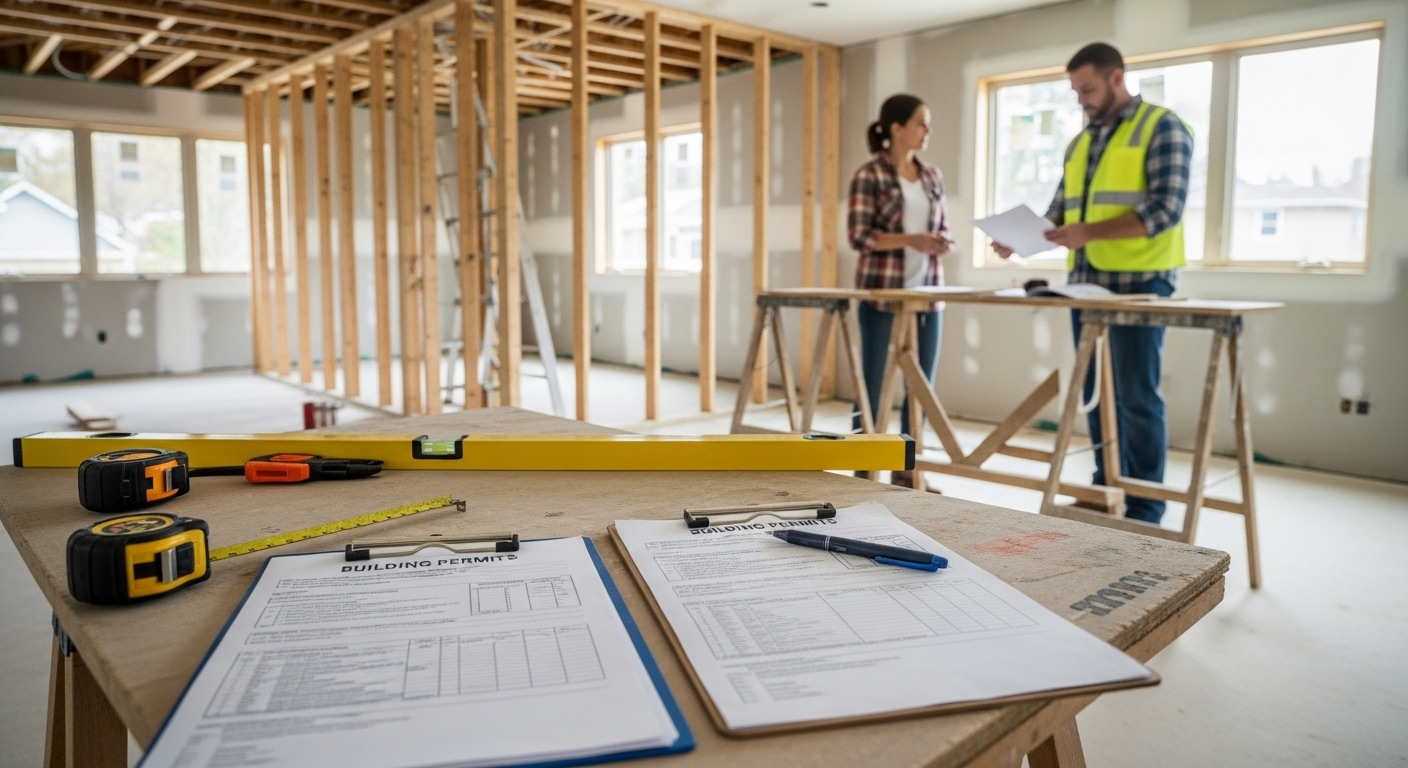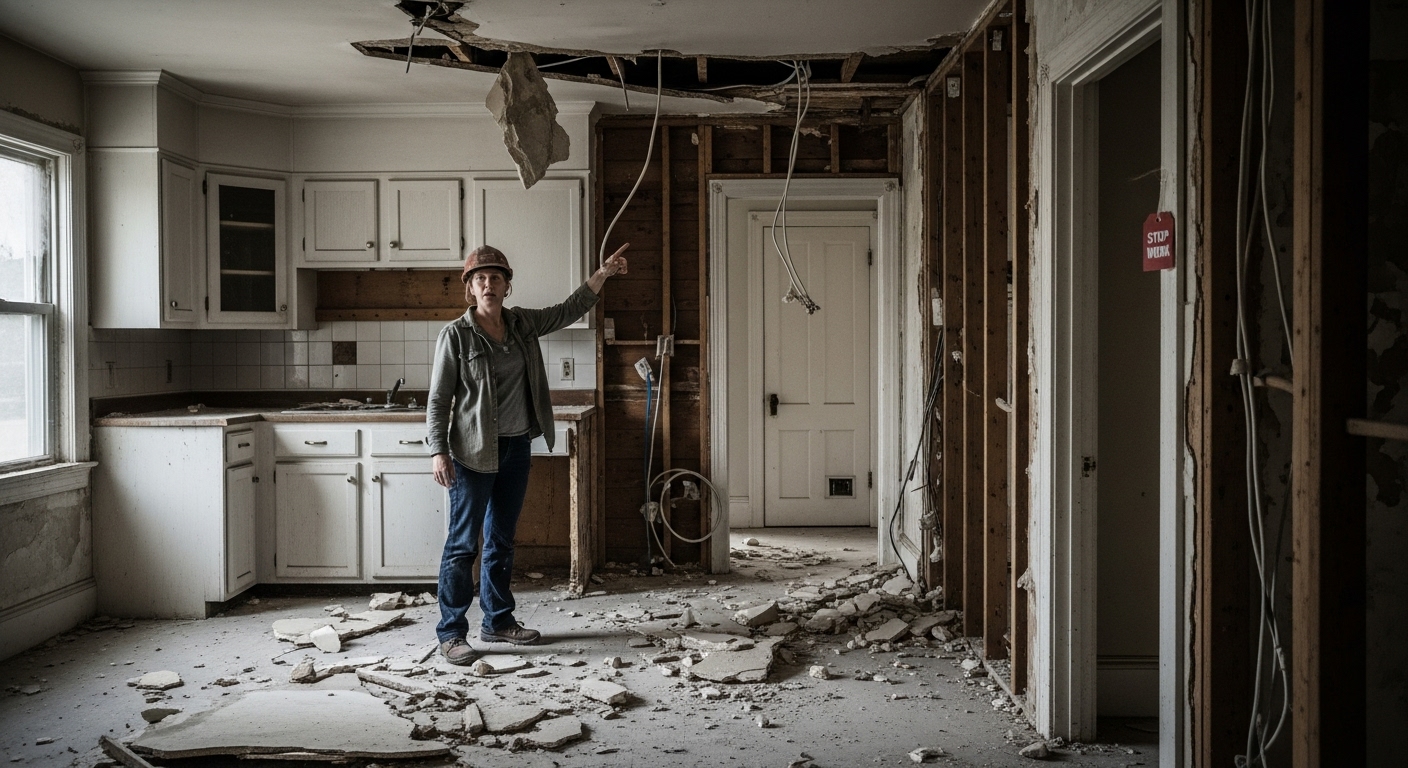Winterizing a Cottage
As the temperature drops, cottage owners across Ontario face an essential task: winterizing their properties. Whether your cottage is a summer retreat or a year-round getaway, preparing it for the cold months is essential to safeguard it from the harsh winter conditions.
Winterizing your cottage is not just a matter of convenience; it’s a necessity to protect your investment and ensure that when you return in the spring, your cottage is in great condition.
Why Winterizing Your Cottage Is Essential
Cottages, often exposed to the elements, can face significant damage during the winter months if not properly prepared. Frozen pipes, structural damage from heavy snow, and rodent infestations are just a few of the risks that cottage owners face. Winterizing helps prevent these problems by protecting the property from freezing temperatures, moisture buildup, and unwanted pests.
Here are some key reasons why winterizing your cottage is not only necessary but beneficial:
- Prevents Damage: Winter can cause extensive and expensive damage to cottages, from water pipes that freeze and burst to the weight of snow on the roof. Winterizing protects your cottage from such risks.
- Energy Efficiency: If you plan on visiting your cottage during the colder months, winterizing can help make the space more energy-efficient, saving you money on heating costs.
- Preserves Property Value: Properly maintaining your cottage through all seasons, including winter, helps retain its value, avoiding costly repairs down the line.
- Peace of Mind: Knowing that your cottage is prepared for the worst that winter can throw at it gives you peace of mind, whether you visit during the cold months or leave it empty until spring.
Steps to Winterize Your Cottage
Properly winterizing your cottage requires several steps to ensure all aspects of the property are protected from the elements. Here's a comprehensive guide on how to do it:
1. Shut Off Water Supply
One of the most critical steps in winterizing your cottage is turning off the water supply to prevent pipes from freezing and bursting. Drain all water lines, including faucets, showers, and toilets. You may also want to consider blowing out the water lines with air pressure to remove any residual water.
2. Insulate Pipes
For cottages that will remain partially heated during the winter, it’s important to insulate any exposed pipes to prevent freezing. Use foam pipe insulation, and for extra security, heat tape can be applied to pipes that are at a higher risk of freezing.
3. Roof Maintenance
Heavy snow accumulation on the roof can lead to significant structural damage. Before winter hits, check your roof for any signs of wear or damage, and clear any debris, such as leaves and branches, from your gutters. Installing roof guards or heating cables can help prevent ice dams from forming.
4. Seal Windows and Doors
Properly sealing all windows and doors is crucial to keeping cold air out and preventing drafts. Use weatherstripping around doors and windows, and apply caulking where necessary to close gaps or cracks that may allow cold air or moisture to seep in.
5. Clean and Store Outdoor Furniture
Outdoor furniture and equipment can suffer from exposure to the elements. Store patio furniture, grills, and any other outdoor items in a dry, sheltered area, such as a shed or garage, to prevent them from being damaged by snow or ice.
6. Pest Control
As the weather turns colder, rodents and other small animals may seek refuge in your cottage. To avoid unwelcome guests, seal any openings around your cottage, such as cracks in the foundation or gaps around doors. Set traps or use pest deterrents in areas prone to infestations, such as basements or attics.
7. Adjust Your Heating System
If your cottage will remain heated, adjust the thermostat to a temperature that will prevent freezing without wasting energy. For cottages that will be left unheated, it’s a good idea to turn off the furnace and drain the heating system to prevent any damage.
8. Unplug Electronics
Electrical surges can occur during winter storms, causing damage to your appliances. Before leaving your cottage for the season, unplug all non-essential electronics and turn off the main electrical breaker to minimize risks.
Winterizing your cottage is crucial in maintaining its longevity and ensuring it’s ready for your return when the warmer months arrive. While it may seem daunting, following these steps will help you avoid costly repairs, protect your cottage from winter’s harsh conditions, and give you peace of mind throughout the colder season.
Partnering with a professional like Generation Construction ensures that your cottage is prepared correctly for the winter. With the right support, you can turn what might seem like a cumbersome process into a seamless experience, allowing you to enjoy your cottage for many years—no matter the season.
Ready to get started? Let us help you protect your cottage from the harsh winter ahead—so you can rest easy knowing it’s safe and sound, no matter the season!
https://muskokaluxuryretreats.com/avonlee/



